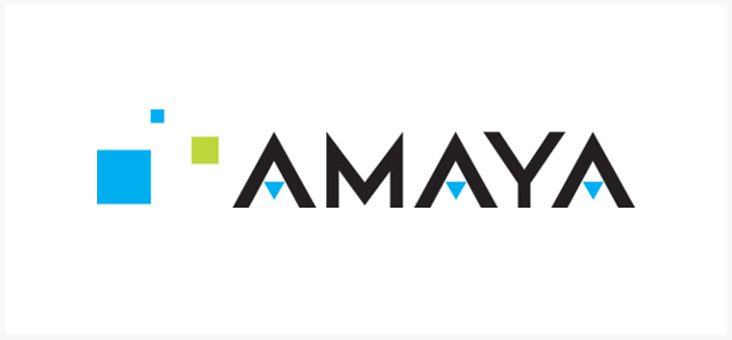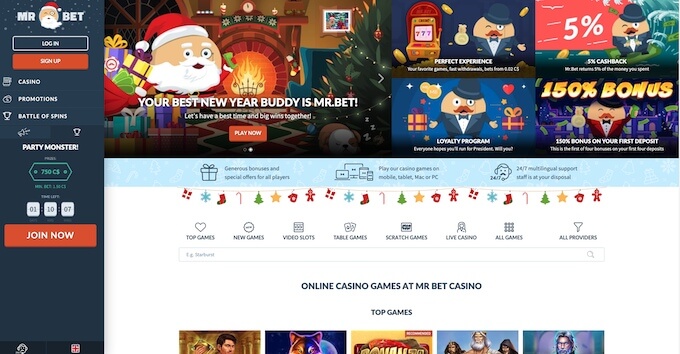Content
All of the players need to realize that no one is going to win every trade. Players need to be willing to lose some value in a trade so both players benefit from the trade. The good thing about Bohnanza is that in most situations both players are going to win in a trade. All cards that are traded or donated will stay on the table and will not be put into any player’s hand. Only the current player can make trades/donate cards at this time and may only trade/donate with one player at a time. You can plant your new bean cards in any order you choose.
- In Bohnanza players will plant, harvest and sell beans trying to profit as much as possible as they do so.
- You are allowed to plant the same kind of bean in two different fields at the same time, but not two kinds of bean in the same field.
- Later in the game you can acquire a third bean field to plant bean cards in.
- What I enjoyed most about the game is that it does a great job blending enough strategy into the game while still being accessible to players.
In our game we had people giving up additional cards just so someone would take a card from them that they really wanted to get rid of. If all of the players are willing to work together the game is much more enjoyable and engaging. The real strategy in the game comes from the trading/donating.
Play desert treasure real money – Objective Of Bohnanza
If you manage to land four scatter symbols, you’ll trigger the play desert treasure real money free spins feature. However, each additional scatter symbol adds five more free spins, extending your game time without costing you extra. The bonus features in Bonanza Slot are the cherries on top of an already delicious cake.
Ill Trade You A Coffee Bean For A Blue Bean

This made Bohnanza one of the best games that I have played that heavily use a trading mechanic. The only major complaint I have with the game is that it runs longer than it should. The only problem with the game relying so heavily on trading/donating is that if the players aren’t willing to compromise the game will get dull pretty quickly. If you have a player that is never willing to “lose” in a trade the game is going to suffer.
In the English edition of the game, the beans were included in the standard set. You will end your turn by drawing two cards from the draw pile. You will draw one card at a time adding them to the back of you hand. When you purchase the 3rd bean field card, return the three cards you used to purchase the card to the box.
This will force the player to harvest the wax bean field when they plant the coffee bean. The yellow 24 indicates that there are 24 coffee bean cards in the deck. The numbers along the bottom indicate how many cards you need to earn certain amounts of coins. For coffee beans you need four cards for one coin, seven for two coins, ten for three coins and twelve for four coins.
The trading/donating is one of the best parts of the game though so you don’t want to limit it too much but I think we spent too much time on the trades. Uwe Rosenberg has had several hit board games in his career which include Agricola, Le Havre, Caverna and Patchwork. One of his first games was Bohnanza which is a beloved game by itself. Despite having no interest in bean farming, Bohnanza is an easy to play card game that has a surprising amount of strategy to it.

To start the second step of their turn, this player drew the Green Bean and Coffee Bean card from the draw pile. As they already have a Coffee Bean planted, they decide to keep that card. As they have no use for the Green Bean, they will try to give the card to another player. The current player then decides what they want to do with these two cards. They yellow number inside the picture shows that there are four Cocoa Bean cards in the deck. If you harvest two Cocoa Beans you will receive two coins.
Mindy might be hanging onto it so she can pull off a sweet trade with either you or Naveen. So with trading finished, everyone has to plant the beans on the table. None of those traded beans go back into anyone’s hands. At any point, even when it’s not your turn, you can harvest your beans.
This player has decided to harvest their Blue Bean field. They have seven Blue Beans so they will sell the cards for two coins. They needed one more Blue Bean card to sell the cards for eight coins.This player sold their Blue Bean field for two coins. They will turn two of the cards to the coin side and add them to their coin pile. They will then discard the rest of the Blue Bean cards.You may only harvest a field if it has at least two or more cards in it.
